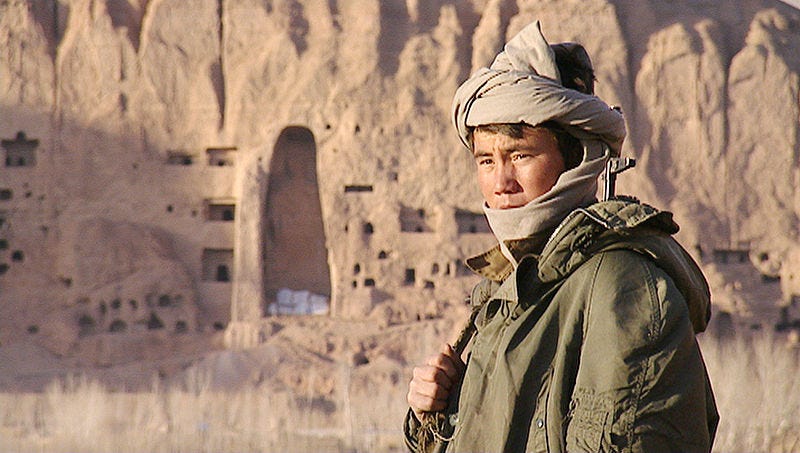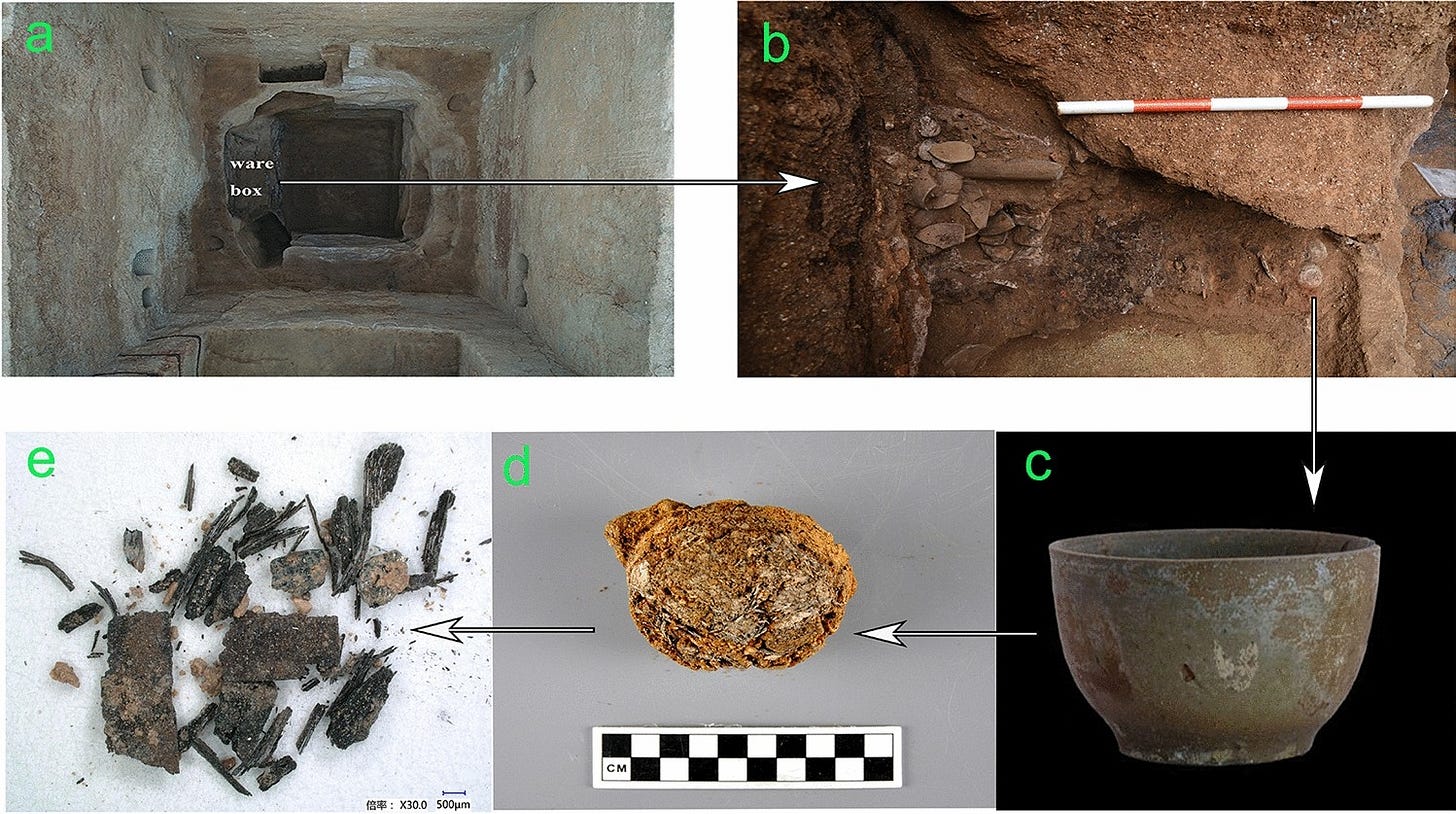
In the midst of the Taliban takeover of Kabul and the collapse of the Afghan government, historians, archaeologists, and art historians are rightfully worried about the fate of cultural heritage in the country. But human lives in Afghanistan, including thousands of refugees, are also in urgent need of care. Helping relieve those in Afghanistan, the International Rescue Committee “is a global nonprofit organization dedicated to aiding people displaced by war, persecution or natural disaster.” Women for Afghan Women, the “largest women’s organization in Afghanistan,” is accepting donations as well. Hearts & Homes for Refugees is working to house and support those with Special Immigrant Visas (SIVs) to come to the United States—including Afghan translators who are in particular danger. The Scholars at Risk Network is also gratefully accepting help and donations as they race to provide “assistance to colleagues in Afghanistan who at this moment are desperately seeking ways out of the country.”
Scholar to Know
Isaac T. Soon, PhD: Dr. Soon was recently appointed Assistant Professor of New Testament at Crandall University. Under the supervision of J.M.F. Heath at Durham University, he finished his PhD in New Testament writing on the topic of Paul the apostle and disability. He has published articles (many open access!) in the Journal for the Study of the Pseudepigrapha, Reformed Theological Review, Novum Testamentum, Early Christianity, Vigiliae Christianae, the Journal for the Jesus Movement in its Jewish Setting, and the Journal of Disability and Religion.
Dr. Soon is currently working on two projects. One is about uncovering the bodily portrayals of a few key early Christian figures. Another is about portrayals of Paul’s body in extracanonical literature and what such depictions tell us about ancient conceptions of disability, gender, and trauma. He is active on Twitter, and he runs a newsletter named SCRIPTURE that translates cutting-edge research in biblical studies for a wider readership.
Seen on the Internet
Over at Hyperallergic, Hakim Bishara reports on how “Satellite Imagery Reveals Azerbaijan’s Persistent Erasure of Armenian Heritage Sites” :
Using high-resolution satellite imagery, Caucasus Heritage Watch identified over a dozen Armenian sites that have been destroyed, damaged, or threatened by Azerbaijan.

On the SCS Blog, Christopher Waldo reflects on “Two Years of the AAACC (the Asian and Asian American Classical Caucus) Mentorship Program.” The AAACC invites high school students who identify as APIDA (Asian, Asian American, Pacific Islander, and/or Desi American) to register here for a free panel conversation this Saturday (28 August 2021) about studying Classics.
A new book from historian Anthony Barbieri compares the New Kingdom of Egypt (ca. 1548-1086 BCE) with the Han dynasty of China (206 BCE-220 CE) (via UCSB’s The Current).
Twitter brought the announcement of a new series from Cambridge University Press focused on “Antiquity in Global Context.” Carlos Noreña has the details below. He is co-editor with Hans Beck (Münster) and Tamar Hodos (Bristol), with support from Hyun Jin Kim (Melbourne), Jinyu Liu (@jliu838) (Depauw & Shanghai), Rebecca Martin (Boston U.), Naoise MacSweeney (@nmacsweeney) (Vienna), Catalina Balmaceda (Santiago), and Griet Vankeerberghen (McGill). A few volumes are already in the works, but they are also taking submissions:

The National Endowment for the Humanities (NEH) has released a list of its new grant awards and offers. A number of them focus on museums and antiquity [listed with project directors]: Allyson Purpura (Illinois), “Ancient Andean Art Gallery Re-installation Implementation”; Heather Hurst and Franco Rossi (co-project directors, Skidmore College), “Architectural Walking Tour of Ancient Maya masterpieces: Visualizations of San Bartolo and Xultun, Guatemala”; Lauren Ristvet (Penn), “Implementation of a reinstallation of a permanent exhibition on the art and artifacts of ancient Eastern Mediterranean cultures and peoples from the Late Bronze Age (1,500 BCE) to the Roman Period (1000 CE).” Also of note, Clifford Ando (Chicago), "Roman Statutes: Renewing Roman Law.”
This week, the Women’s Classical Caucus (WCC) announced its 2021-2022 award winners, including CripAntiquity for the Professional Equity Award; David J. Wright (Furman) for the Leadership Award; and Nadhira Hill (U. of Michigan), creator of Notes from the Apotheke, for the Public Scholarship Award. The Barbara McManus Award for published articles goes to Katharine Huemoeller (U. of British Columbia) for "Freedom in Marriage? Manumission for Marriage in the Roman World," Journal of Roman Studies 110: 123-139. Sarah Brucia Breitenfeld (University of Washington) won the Best Pre-Ph.D paper award for “While she was drunk, many others had sex with her: Reexamining Violence in Dem. 19.196-98 and [Dem.] 59.33-35,” presented at CAMWS 2021.
Also of note is Samira K. Mehta’s new article on “Asian American Jews, Race, and Religious Identity” in the new Journal of the American Academy of Religion.
At Scientific Reports, a new open access article by Jianrong Jiang, Guoquan Lu, Qing Wang & Shuya Wei looks at the earliest material evidence for tea in residue left on a bowl within an early Warring State Period (475-221 BCE) tomb in Shandong Province.

New Journal Issues Online August 19th through 24th curated by @YaleClassicsLib
Manuscripta Vol. 64, No. 2 (2020)
Arethusa Vol. 54, No. 1 (Winter 2021)
Journal of Computer Applications in Archaeology Vol. 4, No. 1 (2021) #openaccess
Helios Vol. 48, No. 1 (Spring 2021) New Directions in Ovidian Scholarship
Nota Bene: Daniel Libatique’s “Ovid in the #MeToo Era” is straight fire.
Phronesis Vol. 66, No. 3 (2021)
Cambridge Archaeological Journal Vol. 31, No. 3 (August 2021) Special Section: Debating Posthumanism in Archaeology
Arabic Sciences and Philosophy Vol. 31, No. 2 (September 2021)
Digital Humanities Quarterly Vol. 15, No. 2 (2021) #openaccess
Pitches
The Public Books section "Antiquities" is now taking pitches for articles to be published in early 2022. You can also pitch to our “Pasts Imperfect” column at the LA Review of Books using this form. We hope to hear from you and we especially encourage emerging and historically underrepresented scholars to consider working with our mentorship network.
Thanks for reading and see you next week!






